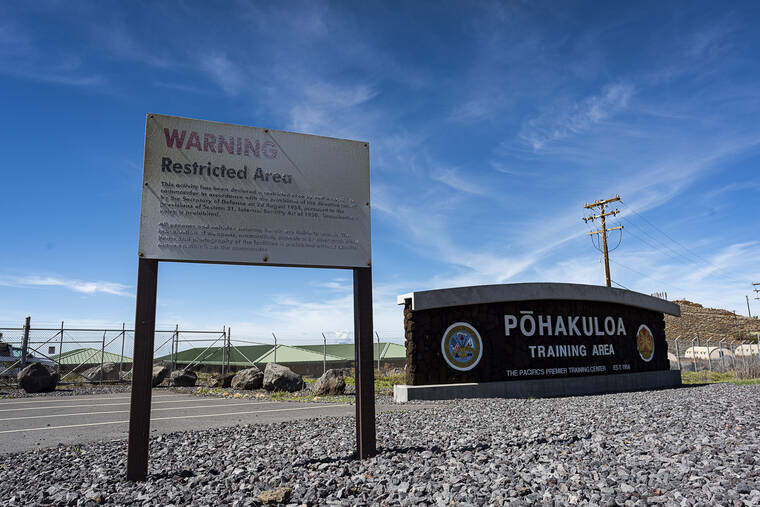The state of Hawaii is currently at a critical juncture in its negotiations with the U.S. Army regarding the future of crucial military training ground leases, with the state Land Board asserting significant leverage after rejecting multiple environmental impact statements.
This assertive stance by the Land Board stems from its recent refusal to accept the final environmental impact statements (FEISes) for key training areas, including three Oahu sites and the highly strategic Pohakuloa Training Area on Hawaii island, citing deficiencies in the Army’s reports regarding unexploded ordnance, biological resources, and archaeological sites.
Despite these rejections, the military has intensified its push for accelerated lease renegotiations, with high-ranking Army officials, including Secretary Dan Driscoll, meeting with Governor Josh Green to advocate for a more aggressive timeline, aiming to finalize agreements in months rather than waiting years until 2029.
This expedited timeline presents an unprecedented opportunity for Hawaii to maximize its leverage in these critical land discussions, ensuring that the needs and welfare of its people and land, or ‘aina’, are prioritized, thereby securing long-term benefits beyond simple lease renewals.
Key demands from the state include improved land management practices and significant reductions in the military’s footprint at sites like Pohakuloa and the Oahu training areas (Kahuku, Kawailoa-Poamoho, and Makua Valley), reflecting a commitment to sustainable land use and environmental protection.
Furthermore, Hawaii insists on comprehensive remediation of contaminated soils and archaeological sites, as well as a drastic increase in financial compensation, moving beyond the symbolic $1 for decades of use of 29,050 total acres across the four training sites, underscoring the true value of the land.
Beyond direct lease terms, the state envisions the Army contributing to broader community needs, potentially including federal land for a new Oahu landfill and support for critical infrastructure such as affordable housing initiatives and vital water and sewer improvements across the islands, as suggested by U.S. Rep. Jill Tokuda.
The robust public engagement and concerns voiced before the Land Board were instrumental in the rejection of the deficient FEISes, underscoring the vital role of public opinion and the necessity for complete transparency in all future bargaining processes for these Hawaii land leases.
With both the Army and the state motivated to resolve this impasse, the coming weeks are pivotal in determining the direction and speed of these complex Army negotiations, emphasizing that the interests of Hawaii’s people and lands must remain paramount amidst the urgency and heightened state leverage.





Leave a Reply